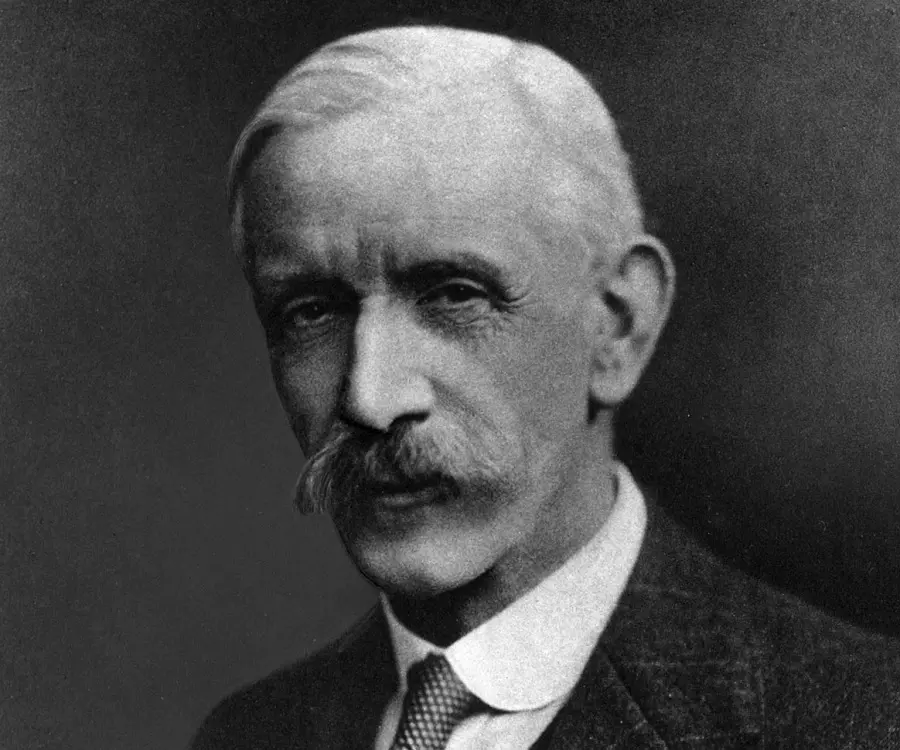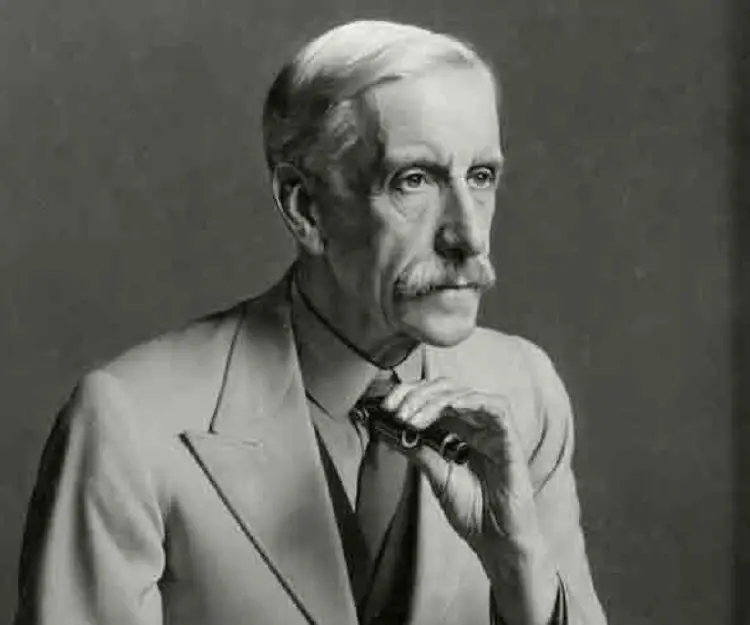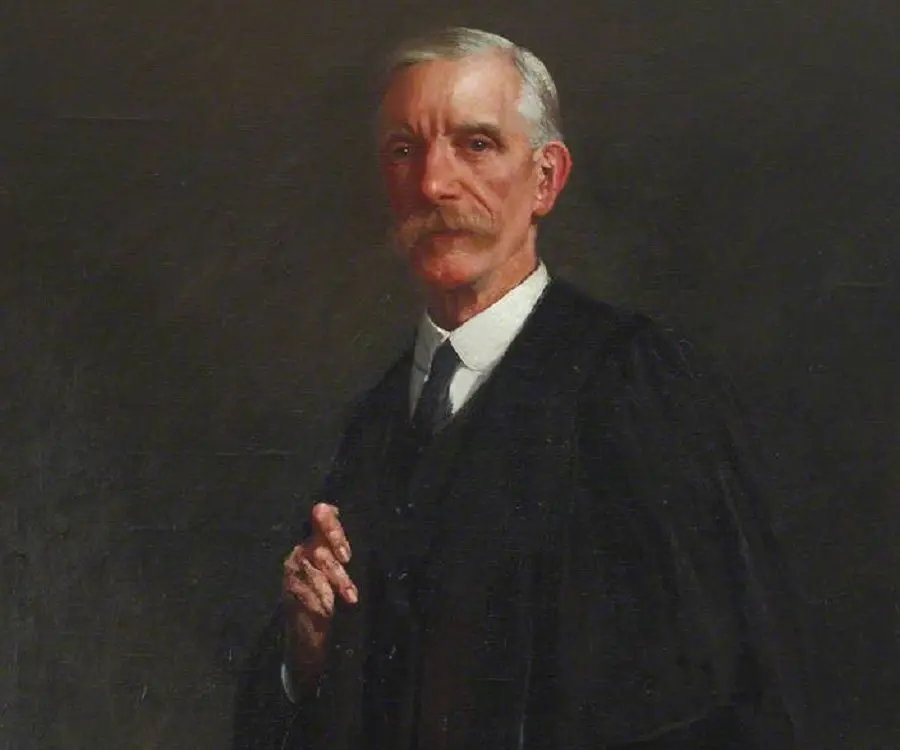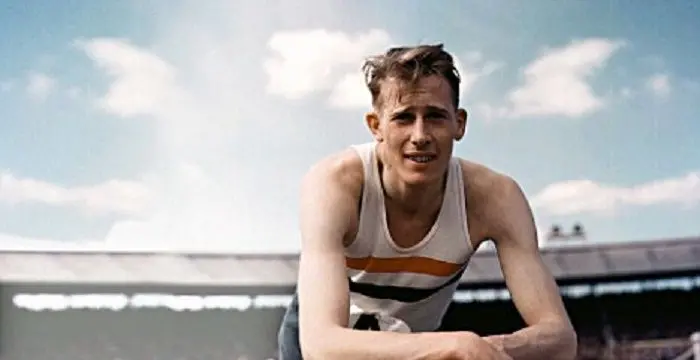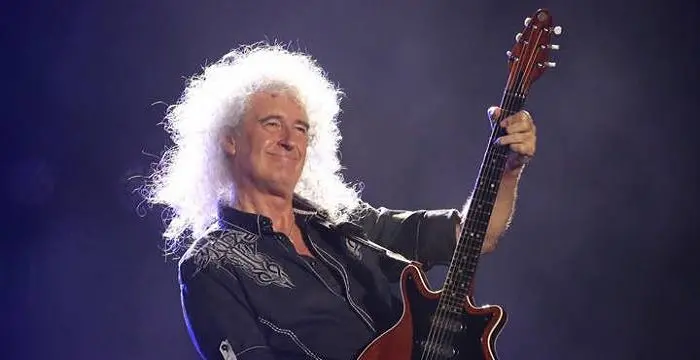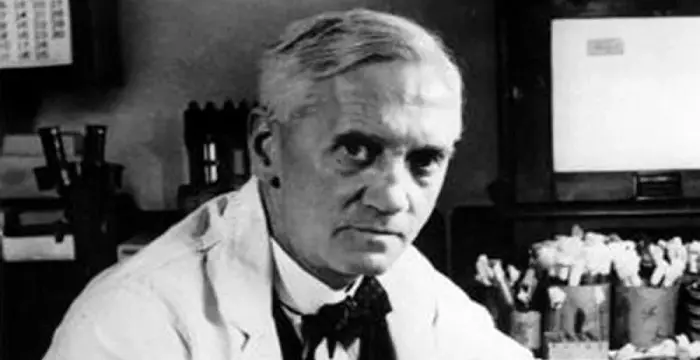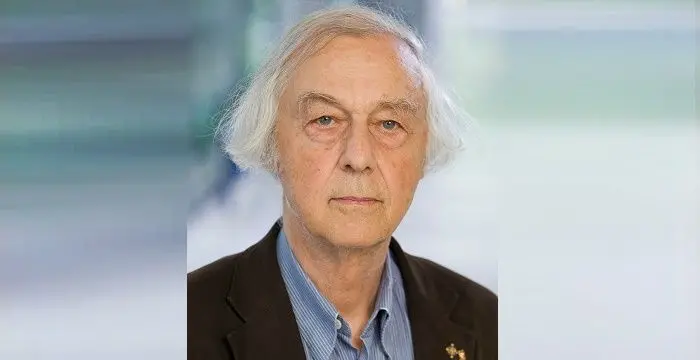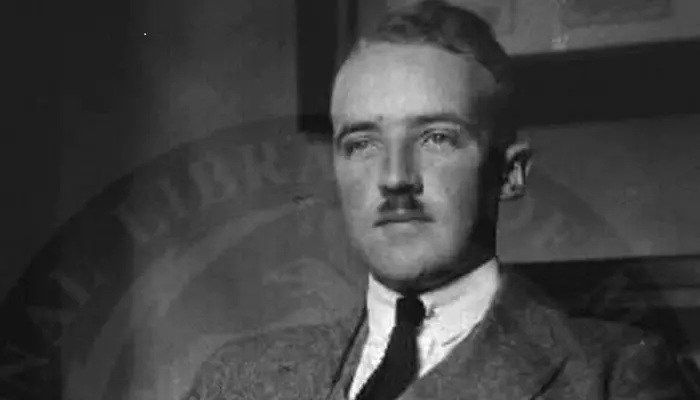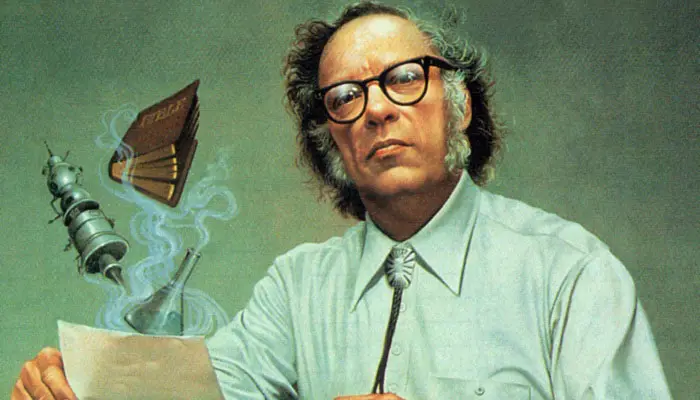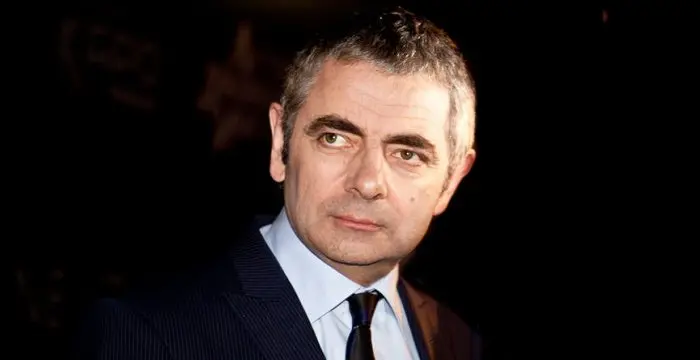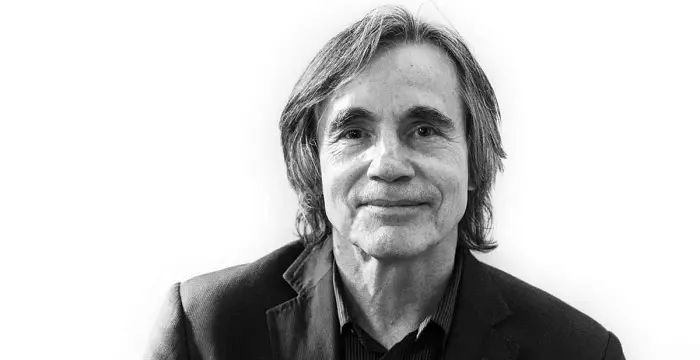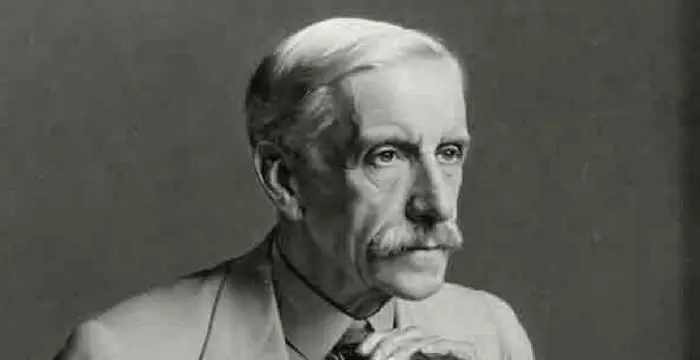
Frederick Gowland Hopkins - Trinity College, Cambridge, Birthday and Personal Life
Frederick Gowland Hopkins's Personal Details
Fredrick Gowland Hopkins was a Nobel Prize winning biochemist who discovered vitamins
| Information | Detail |
|---|---|
| Birthday | June 20, 1861 |
| Died on | May 16, 1947 |
| Nationality | British |
| Famous | Millionaires, Imperial College London, Trinity College, Cambridge, Scientists, Biochemists |
| Known as | Sir Frederick Hopkins |
| Childrens | Jacquetta Hawkes |
| Universities |
|
| Notable Alumnis |
|
| Birth Place | Eastbourne |
| Religion | Agnosticism |
| Gender | Male |
| Sun Sign | Gemini |
| Born in | Eastbourne |
| Famous as | English biochemist |
| Died at Age | 85 |
// Famous Scientists
Juliane Koepcke
Juliane Koepcke is a German-Peruvian biologist, who was the lone survivor among the 92 passengers and crew of the ill-fated LANSA Flight 508 that crashed in the Peruvian rainforest on 24 December 1971. Know more about her life in this biography.
Henry Cavendish
Henry Cavendish was a theoretical chemist and physicist, renowned for discovery of hydrogen and calculation of the mass of earth. To know more about his childhood, profile, timeline and career read on
Konstantin Tsiolkovsky
Konstantin Tsiolkovsky was a Russian rocket scientist and a pioneer of astronautics. This biography provides detailed information about his childhood, family, personal life, career, achievements, etc.
Frederick Gowland Hopkins's photo
Who is Frederick Gowland Hopkins?
Fredrick Gowland Hopkins was a renowned biochemist from England who discovered the vitamins. His interest in science was developed by his father who himself was greatly attracted to the subject. After his father’s early demise he was brought up by his mother and he showed more interest in literature than in sciences. A microscope which was presented to him by his mother piqued the young lad’s interest. Apart from investigating specimens from the seashore Fredrick also devoted much of his time studying literature. He was always an intelligent student and at the tender of seventeen he penned his first scientific literature which dealt with bombardier beetle. After completing his graduate studies Hopkins appeared for the Associateship Examination of the Institute of Chemistry. His sterling performance landed him a research assistantship under Thomas Stevenson. Fredrick then went on to study medicine and even here proved his mettle by winning the Gold Medal in chemistry. After successfully completing his studies in medicine he embarked on an academic career teaching toxicology. In due course he began his most important work on proteins which led to the discovery of vitamins. The findings paved way for subsequent research in the field by scientists like Otto Meyerhof and even earned him a Nobel Prize. Read on to know more about his life and works
// Famous Imperial College London
Roger Bannister
Roger Bannister is an English doctor, academic and a former athlete. Check out this biography to get detailed information on his childhood, life, career, achievements and timeline.
Brian May
Brian May is a legendary and prolific guitarist from the famous rock band ‘Queen’. Explore this biography to learn more about his childhood, life, works, achievements and timeline.
Alexander Fleming
Alexander Fleming was a Scottish biologist and pharmacologist who discovered enzyme lysozyme and antibiotic penicillin. This biography of Alexander Fleming profiles his childhood, life, research, discoveries, achievements and timeline.
Childhood & Early Life
Frederick Gowland Hopkins was born to Frederick Hopkins and Elizabeth Gowland Hopkins on June 20,1861 in the town of Eastbourne in Sussex, England. Hopkins’ father used to sell books but he also had a deep interest in science.
His father left this world at the time when Fredrick was still a toddler and his mother took care of his early education in Eastbourne. In the year 1871, the family moved to Enfield in London and the young lad took admission at the ‘City of London School’.
At the ‘City of London School’, Hopkins proved to be a bright student who excelled in academics and in the year 1874 he managed to get a first class in his favourite subject, chemistry graduating at the young age of 17.
After leaving school he worked as a clerk in an insurance firm and then became an associate at the ‘Institute of Chemistry’, where his findings on poisons were immensely appreciated. In the meantime, he took advantage of the ‘University of London External Programme’ and earned his B.Sc. in 1888.
In the year 1889, Frederick won the ‘Sir William Gull Studentship’ and took admission to ‘Guy’s Hospital’ to study medicine. It was five years later that he graduated with a degree.
Career
In the year 1894 he was appointed as a teacher at ‘Guy’s Hospital’, where he taught toxicology and around this time he also published an important paper on blood albumins with S. N. Pinkus.
It was in the year 1898 that Sir Henry Foster invited Frederick to work at the famous ‘Cambridge University’ to work on the research at the ‘Physiological Laboratory’ at the university. He was specifically asked to work on the chemical side of things as far as physiology was concerned.
In the year 1902, Hopkins was promoted as a reader in the subject of biochemistry and since the discipline was not a traditional subject of study he had to make do with his experiments in a small room at the university.
In the year 1910 Hopkins was made a ‘Fellow of Trinity College’ and then four years later he became an ‘Honorary Fellow of Emmanuel College’. However, it was not till 15 years from becoming a Fellow did he get his own laboratory at the ‘Sir William Dunn Institute of Biochemistry’.
At the height of the First World War, Hopkins discovered what he termed as ‘accessory food factors’ or Vitamins and continued to work on it. As a matter of fact, it was his inputs that led to better and more nutritious margarine that could be used during food shortages.
He retired from his post at the ‘University of Cambridge’ in the year 1943.
Major Works
Other than discovering vitamins one of the most important studies that Hopkins performed was that of identifying a chemical method that would help in separating tryptophan. He succeeded in isolating it and studying its structure which opened new avenues in the world of biochemistry.
Awards & Achievements
In the year 1905 he was inducted into the ‘Royal Society of London’ which was the most important and prestigious institution of scientists in the United Kingdom.
He won the ‘Royal Medal’ in the year 1918 while eight years later he was given the prestigious ‘Copley Medal’.
King George V knighted him in the year 1925 for his contribution to the sciences.
In the year 1929, Sir Frederick Gowland Hopkins was jointly awarded the Noble Prize with Christiaan Eijkman.
Personal Life & Legacy
Hopkins tied knot with Jessie Anne Stevens in the year 1898. The couple was blessed with daughters.
Sir Frederick Gowland Hopkins passed away in Cambridge on May 16, 1947. His burial took place at the ‘Parish of the Ascension Burial Ground’.
// Famous Biochemists
Robert Huber
Robert Huber is a German biochemist and Nobel Laureate. Check out this biography to know about his childhood, life, achievements, works & timeline.
Charles Best
Charles Best was a great scientist and a renowned physiologist who is remembered for being the co-discoverer of insulin. Read this biography to learn about his profile, childhood, life and timeline.
Isaac Asimov
Isaac Asimov was an American professor of biochemistry and a renowned author of science fiction and popular science books. Read this biography to know more about his life.
Frederick Gowland Hopkins's awards
| Year | Name | Award |
|---|---|---|
Other | ||
| 0 | 1929 - Nobel Prize in Physiology or Medicine | |
| 0 | 1926 - Copley Medal | |
| 0 | Royal Medal | |
Frederick Gowland Hopkins biography timelines
- // 20th Jun 1861Frederick Gowland Hopkins was born to Frederick Hopkins and Elizabeth Gowland Hopkins on June 20,1861 in the town of Eastbourne in Sussex, England. Hopkins’ father used to sell books but he also had a deep interest in science.
- // 1871His father left this world at the time when Fredrick was still a toddler and his mother took care of his early education in Eastbourne. In the year 1871, the family moved to Enfield in London and the young lad took admission at the ‘City of London School’.
- // 1874At the ‘City of London School’, Hopkins proved to be a bright student who excelled in academics and in the year 1874 he managed to get a first class in his favourite subject, chemistry graduating at the young age of 17.
- // 1888After leaving school he worked as a clerk in an insurance firm and then became an associate at the ‘Institute of Chemistry’, where his findings on poisons were immensely appreciated. In the meantime, he took advantage of the ‘University of London External Programme’ and earned his B.Sc. in 1888.
- // 1889In the year 1889, Frederick won the ‘Sir William Gull Studentship’ and took admission to ‘Guy’s Hospital’ to study medicine. It was five years later that he graduated with a degree.
- // 1894In the year 1894 he was appointed as a teacher at ‘Guy’s Hospital’, where he taught toxicology and around this time he also published an important paper on blood albumins with S. N. Pinkus.
- // 1898It was in the year 1898 that Sir Henry Foster invited Frederick to work at the famous ‘Cambridge University’ to work on the research at the ‘Physiological Laboratory’ at the university. He was specifically asked to work on the chemical side of things as far as physiology was concerned.
- // 1898Hopkins tied knot with Jessie Anne Stevens in the year 1898. The couple was blessed with daughters.
- // 1902In the year 1902, Hopkins was promoted as a reader in the subject of biochemistry and since the discipline was not a traditional subject of study he had to make do with his experiments in a small room at the university.
- // 1905In the year 1905 he was inducted into the ‘Royal Society of London’ which was the most important and prestigious institution of scientists in the United Kingdom.
- // 1910In the year 1910 Hopkins was made a ‘Fellow of Trinity College’ and then four years later he became an ‘Honorary Fellow of Emmanuel College’. However, it was not till 15 years from becoming a Fellow did he get his own laboratory at the ‘Sir William Dunn Institute of Biochemistry’.
- // 1918He won the ‘Royal Medal’ in the year 1918 while eight years later he was given the prestigious ‘Copley Medal’.
- // 1925King George V knighted him in the year 1925 for his contribution to the sciences.
- // 1929In the year 1929, Sir Frederick Gowland Hopkins was jointly awarded the Noble Prize with Christiaan Eijkman.
- // 1943He retired from his post at the ‘University of Cambridge’ in the year 1943.
- // 16th May 1947Sir Frederick Gowland Hopkins passed away in Cambridge on May 16, 1947. His burial took place at the ‘Parish of the Ascension Burial Ground’.
// Famous Millionaires
Mercy Johnson
Mercy Johnson is a renowned Nollywood actress known for her movies like ‘Dumebi the Dirty Girl’ and ‘The Maid’. To know more about her childhood, career, profile and timeline read on the following biography
Rowan Atkinson
Rowan Atkinson is an English actor and screenwriter, famous for his work in ‘Mr. Bean’ and ‘Blackadder’. This biography profiles his childhood, life, acting career, achievements and timeline.
Jackson Browne
Jackson Browne is an acclaimed American musician, songwriter and environmental activist. Read this biography to learn more about his childhood, life, works, achievements and timeline.
Serena Williams
Serena Williams is an all-time great women's tennis player. Check out this biography to know about her childhood, family life, achievements and fun facts about her.
Bruce Dickinson
Bruce Dickinson is an English musician, best known as the lead vocalist of the heavy metal band, ‘Iron Maiden’. Read this biography to learn more about his childhood, life, work, achievements and timeline.
Megan Fox
Megan Fox is a popular American actress and model. This biography provides detailed information about her childhood, life, career, works, achievements, timeline, and trivia.
Frederick Gowland Hopkins's FAQ
What is Frederick Gowland Hopkins birthday?
Frederick Gowland Hopkins was born at 1861-06-20
When was Frederick Gowland Hopkins died?
Frederick Gowland Hopkins was died at 1947-05-16
Where was Frederick Gowland Hopkins died?
Frederick Gowland Hopkins was died in Cambridge
Which age was Frederick Gowland Hopkins died?
Frederick Gowland Hopkins was died at age 85
Where is Frederick Gowland Hopkins's birth place?
Frederick Gowland Hopkins was born in Eastbourne
What is Frederick Gowland Hopkins nationalities?
Frederick Gowland Hopkins's nationalities is British
Who is Frederick Gowland Hopkins childrens?
Frederick Gowland Hopkins's childrens is Jacquetta Hawkes
What was Frederick Gowland Hopkins universities?
Frederick Gowland Hopkins studied at Imperial College London,Trinity College, Cambridge, University of London, King's College London, Trinity College, Cambridge, Guy's Hospital, Imperial College London
What was Frederick Gowland Hopkins notable alumnis?
Frederick Gowland Hopkins's notable alumnis is Imperial College London, Trinity College, Cambridge
What is Frederick Gowland Hopkins's religion?
Frederick Gowland Hopkins's religion is Agnosticism
What is Frederick Gowland Hopkins's sun sign?
Frederick Gowland Hopkins is Gemini
How famous is Frederick Gowland Hopkins?
Frederick Gowland Hopkins is famouse as English biochemist



